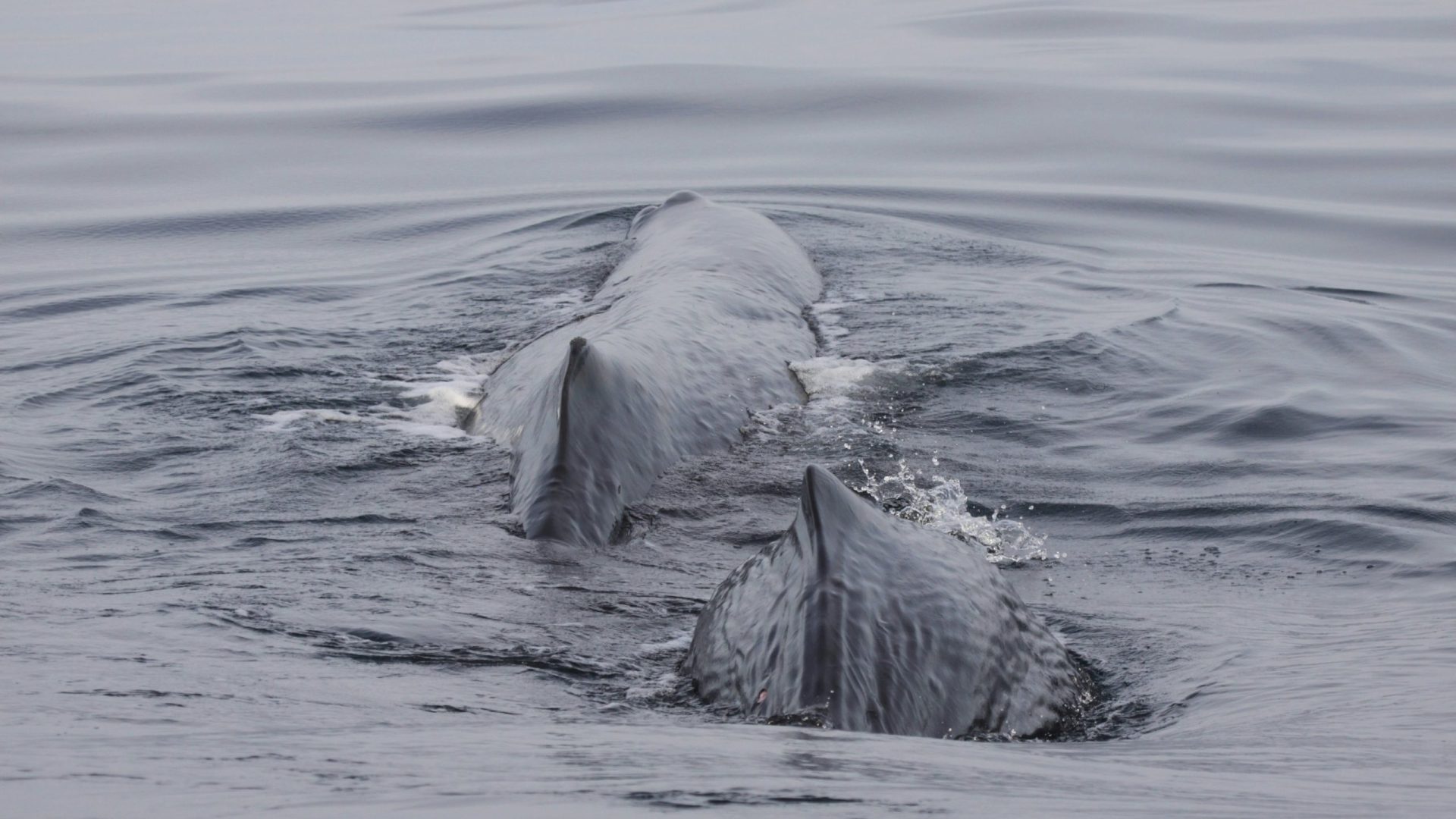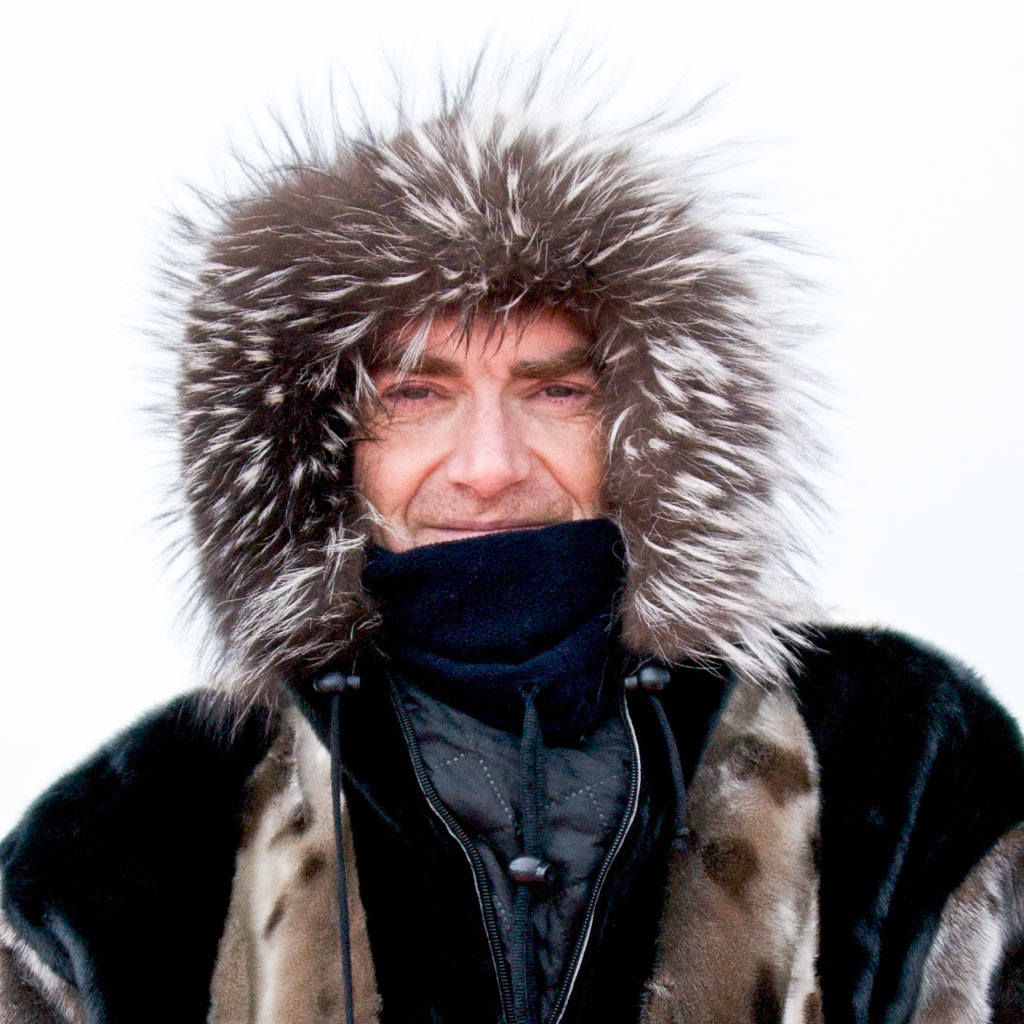
A fascinating new study has found that sperm whales, like humans, can be indecisive, insular, and diplomatic. They even babysit each other, have cultural differences, and make democratic decisions.


A fascinating new study has found that sperm whales, like humans, can be indecisive, insular, and diplomatic. They even babysit each other, have cultural differences, and make democratic decisions.
It’s no surprise that the world’s largest mammal—which also happens to be the owner of the largest brain on Earth—is an immensely social creature. Whales stick together and build strong relationships, and previous studies have also found that they may be able to feel complex emotions like empathy. But this latest study on sperm whale societies, published in Royal Society Open Science last month, goes even further, making the species seem nearly as advanced as humans. Its authors studied two clans of whales off the coast of the Galapagos. They estimate that roughly 300,000 sperm whales across the world have divided themselves into seven distinct clans.
The researchers found that these seven clans have cultural differences and perhaps even different languages, with social structures that are like human societies in striking ways. Female sperm whales take turns nursing each other’s young and providing childcare for one another while others go off hunting. Mature males typically go off on their own until it’s time for them to mate in their late 20s. And while females don’t typically hang out with female members of other clans, they do occasionally mate with males from other clans.
Throughout the study, the authors compared these whale societies with the evolution of human cultures throughout time. “[W]hile the two species and their societies are very different, the existence of very large-scale social structures in both sperm whales and humans supports some primary drivers of the phenomenon that are common to both species (such as cognition, cooperation, culture and mobility) and contraindicates others (e.g. tool-making and syntactic language),” the authors wrote.
Is it possible that sperm whales could also engage in tourism, visiting other clans for the sake of getting to know a different culture? While the study doesn’t cover that specifically, and noted that whales typically don’t make friends from other clans, they do experience cultural turnover. The authors of the study took a hiatus from observing the whale clans for 12 years between 2000 and 2012, and when they returned, they found that two different clans inhabited the space they had been studying. They likened this to leaving a city and returning many years later to discover different dominant languages.
“This was perhaps comparable to returning to Montreal after a 14-year absence, finding it was still largely bilingual, but now Spanish and Urdu had taken over from English and French!” they wrote. “We do not know what happened to the original Galápagos occupants.”
The researchers also observed that groups traveling together often deliberate substantially before making important decisions.
“Sperm whales, sometimes traveling in very large groups, make important communal decisions about where to go, how fast to travel, and when to feed in an environment varying substantially in resources and containing lethal predators,” they wrote. “Many of these changes in communal behavior are slow and messy—a group of sperm whales can take an hour or more to make a 90-degree turn—so likely democratic.”
Not mentioned: How often they tolerate being asked, “Are we there yet?”
***
Adventure.com strives to be a low-emissions publication, and we are working to reduce our carbon emissions where possible. Emissions generated by the movements of our staff and contributors are carbon offset through our parent company, Intrepid. You can visit our sustainability page and read our Contributor Impact Guidelines for more information. While we take our commitment to people and planet seriously, we acknowledge that we still have plenty of work to do, and we welcome all feedback and suggestions from our readers. You can contact us anytime at hello@adventure.com. Please allow up to one week for a response.

Kassondra Cloos is a travel journalist from Rhode Island living in London, and Adventure.com's news and gear writer. Her work focuses on slow travel, urban outdoor spaces and human-powered adventure. She has written about kayaking across Scotland, dog sledding in Sweden and road tripping around Mexico. Her latest work appears in The Guardian, Backpacker and Outside, and she is currently section-hiking the 2,795-mile England Coast Path.






Can't find what you're looking for? Try using these tags: